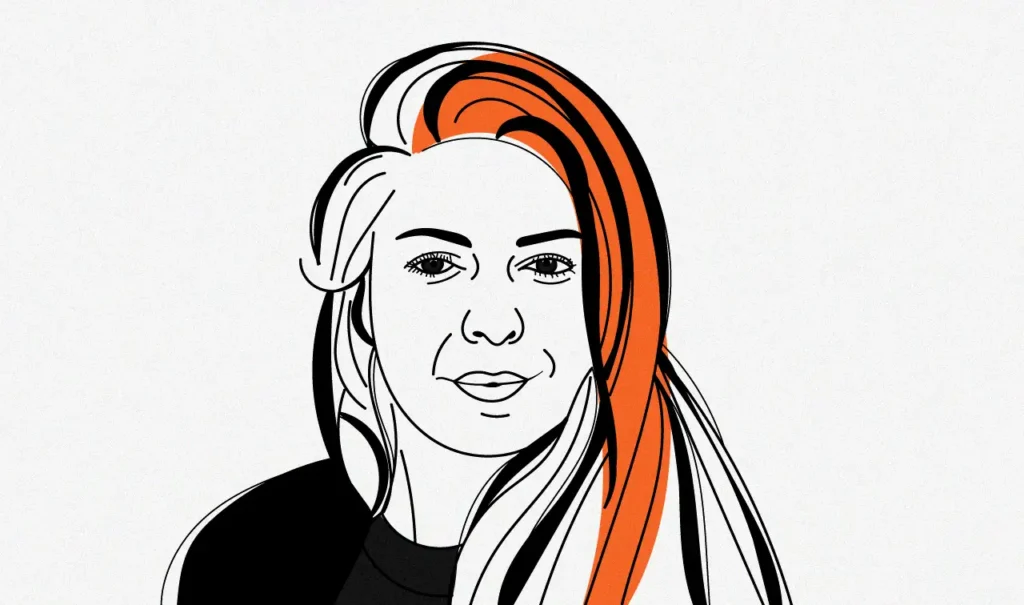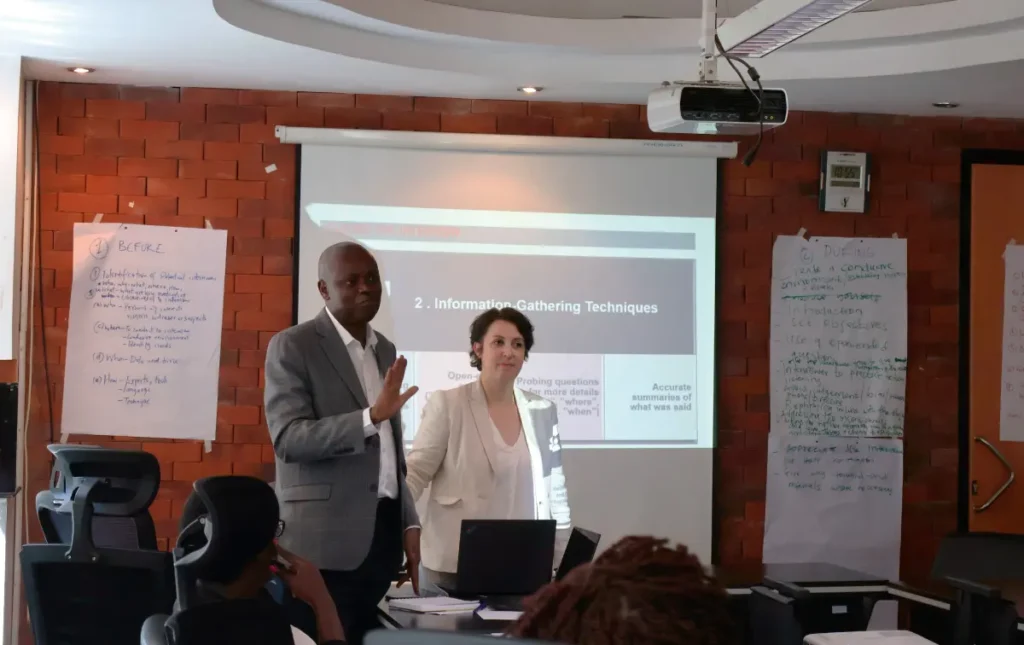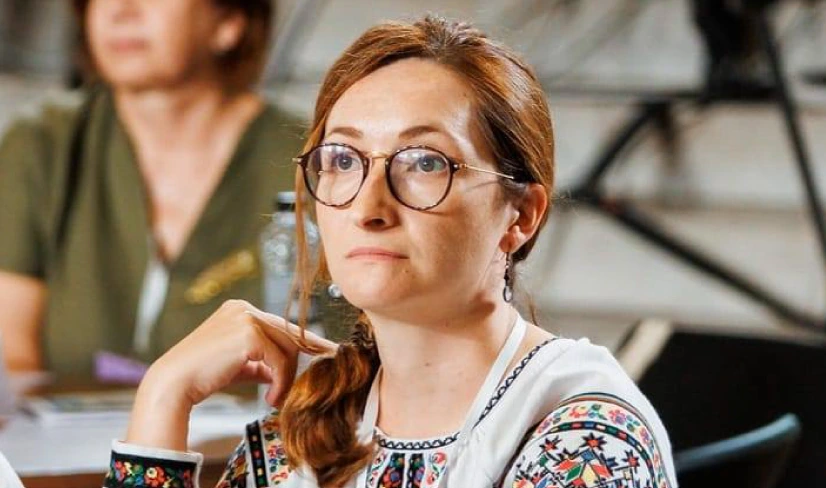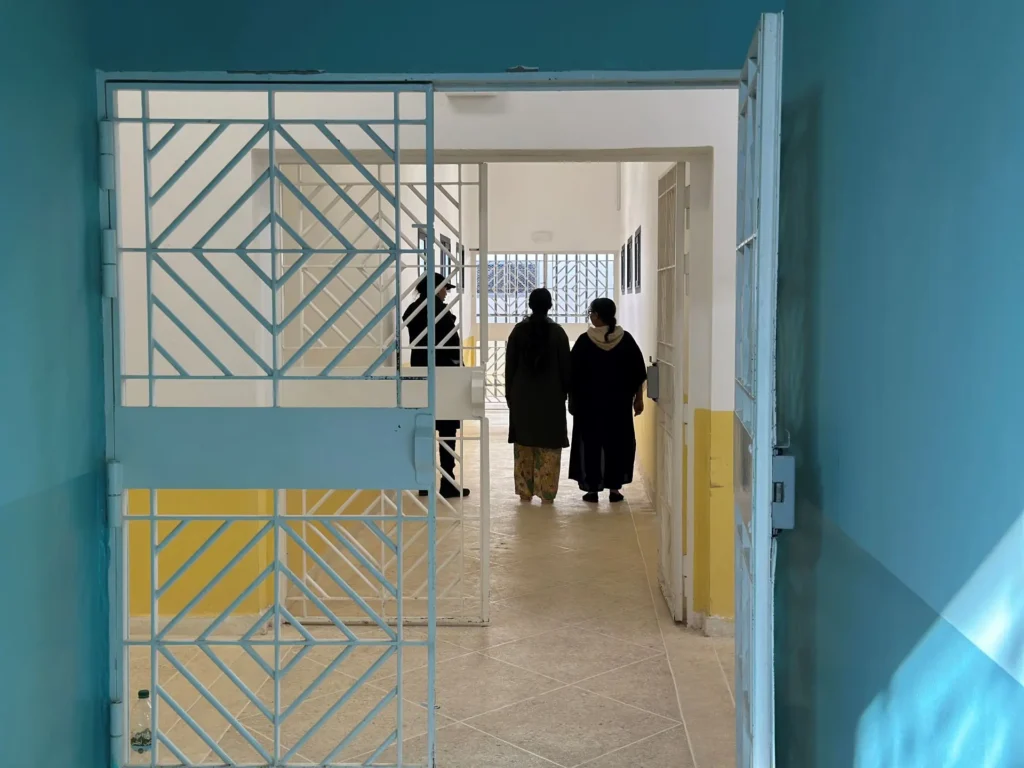Since the beginning of the invasion in 2022 over 8.2 million Ukrainians have become refugees across Europe. WHO has described it as “the largest movement of people in the European Region since the Second World War”.
The need for mental health services and psychosocial support is high. WHO estimates, that around 9.5 million people in Ukraine are at risk of or living with a mental health condition.
We asked our Ukrainian partner NGO Forpost, who provides mental health services and psychosocial support to traumatized Ukrainians, about the current mental health situation.
Yulia Honchar, PhD and psychologist, is the head of the Mental health and traumatherapy Center that helps Ukrainians in Dnipro, Kyiv and Lviv, among other places:
»We work with psychosocial support on many levels. We help children and adults who have direct and indirect trauma from war. For example, children affected by continuous air raids and from hidding in bomb shelters. But we also help and treat traumatized torture victims«.
What do you see as the biggest challenges right now?
»The chronic stress that people are suffering from. No one is allowed to rest or catch their breath. The alarms are going off all the time – and the alarms are retraumatizing. People never know if the alarm is just a warning or if the missile actually will hit civilians.
We treat more than 1000 patients a year. And it’s a challenge because it’s many patients but at the same time, we have people waiting for treatment. We also see many who suffer from different mental health disorders, which affect their daily lives.
I have a patient who encapsulates the violence from the war. She is a 20-year-old woman who was raped by a group of Russian soldiers. The woman was pregnant when it happened and lost her child. She was obviously very traumatized. I slowly started to have conversations with her. She never physically came to our center. We had our conversations through message apps like Telegram. The first thing I tried to insist on was that she moved away from the area she came from. When she started to feel that she was safe, I checked if she could get psychotherapeutic assistance offline to open a slight possibility of trust regain.
Today, thankfully, she is doing better. It motivates me when I help my patients to cope with their challenges. But it also gives me hope when I see the partners outside of Ukraine supporting our work. It makes our work meaningful – everyone is doing something to help«.




